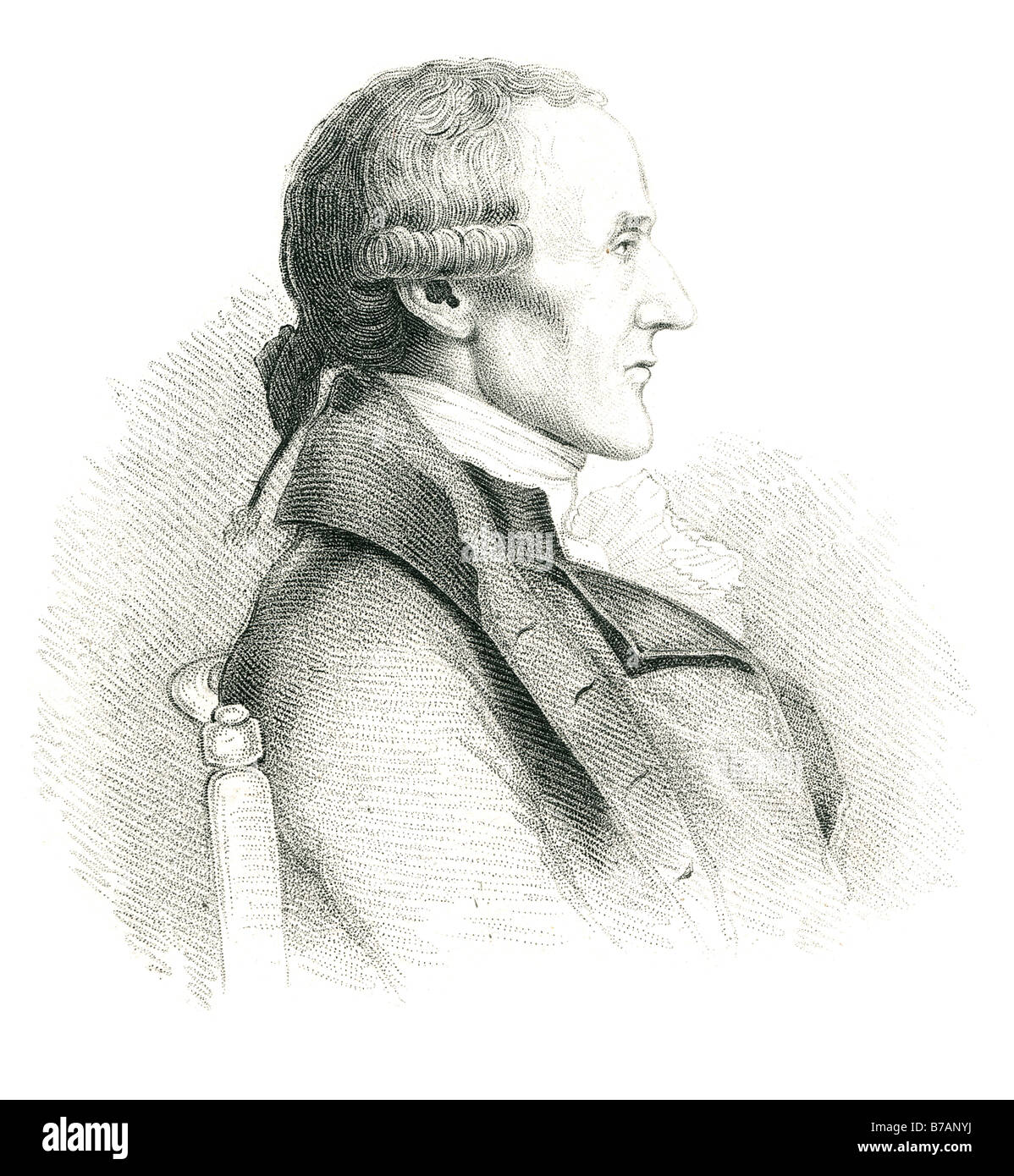grenville sharpe 1693 1758 Granville Sharp (10 November 1735 - 6 July 1813) was one of the first British campaigners for the abo

Image details
Contributor:
19th era / Alamy Stock PhotoImage ID:
B7ANYJFile size:
48.2 MB (2.4 MB Compressed download)Releases:
Model - no | Property - noDo I need a release?Dimensions:
3940 x 4272 px | 33.4 x 36.2 cm | 13.1 x 14.2 inches | 300dpiMore information:
Granville Sharp (10 November 1735 - 6 July 1813) was one of the first British campaigners for the abolition of the slave trade. He also involved himself in trying to correct other social injustices. Sharp formulated the plan to settle blacks in Sierra Leone, and founded the St. George's Bay Company, a forerunner of the Sierra Leone Company. His efforts led to both the founding of the Province of Freedom, and later on Freetown, Sierra Leone, and so he is considered one of the founding fathers of Sierra Leone. He was also a biblical scholar and classicist, and a talented musician. Granville Sharp was the son of Thomas Sharp (1693-1758), Archdeacon of Northumberland, prolific theological writer and biographer of his father, John Sharp, Archbishop of York. Sharp was born at Durham in 1735. He had eight older brothers and five younger sisters. Five of his brothers survived their infancy and by the time Sharp had reached his mid-teens the family funds set aside for their education had been all but depleted, so Sharp was educated at Durham School but mainly at home He was apprenticed to a London linen-draper at the age of fifteen. Sharp loved to argue and debate, and his keen intellect found little outlet in the mundane work in which he was involved. However, one of his fellow-apprentices was a Socinian (a Christian sect that denied the divinity of Christ and took its reasoning from the original Greek of the New Testament), and in order better to argue, Sharp taught himself Greek. Another fellow apprentice was Jewish, and so Sharp learned Hebrew in order to be able to discuss theological matters with his co-worker. Sharp also conducted genealogical research for one of his masters, Henry Willoughby, who had a claim to the barony of Willoughby de Parham, and it was through Sharp's work that Willoughby was able to take his place in the House of Lords.